Storing a flatbed trailer may appear to be a straightforward task, but it entails various considerations that can influence safety, accessibility, and legal compliance. As a manufacturer of semi-trailers, we understand that finding the right storage solution is vital for maintaining operational efficiency and prolonging the lifespan of your equipment. This guide will delve into essential aspects of flatbed trailer storage, covering various locations and factors that you must consider when choosing the perfect spot for your trailer.
Understanding Flatbed Trailers
What is a Flatbed Trailer?
A flatbed trailer is a type of transport vehicle that features a flat, level surface without sides or a roof. This design allows for the easy loading and unloading of cargo from any angle. These trailers are commonly used for transporting heavy machinery, oversized loads, and construction materials. Their versatility makes them indispensable in various industries, including construction, logistics, and agriculture.

Why Proper Storage Matters
Storing a flatbed trailer inappropriately can lead to several issues:
| Potential Issues | Consequences |
|---|---|
| Wear and Tear | Reduces the lifespan of the trailer |
| Theft or Vandalism | Financial loss and operational disruptions |
| Structural Damage | Compromised safety standards |
| Legal Complications | Fines or penalties due to zoning violations |
Understanding these risks emphasizes the importance of choosing the right storage solution.
Key Considerations When Choosing Storage
Several factors should influence your storage options, including:
- Location: Proximity to your operational base or job sites can enhance accessibility.
- Security: Ensuring that the storage area is secure can significantly reduce risks related to theft and vandalism.
- Zoning Regulations: It is essential to comply with local laws governing storage of commercial vehicles.
- Environmental Exposure: Weather conditions can impact the integrity of your trailer over time.
Options for Storing a Flatbed Trailer
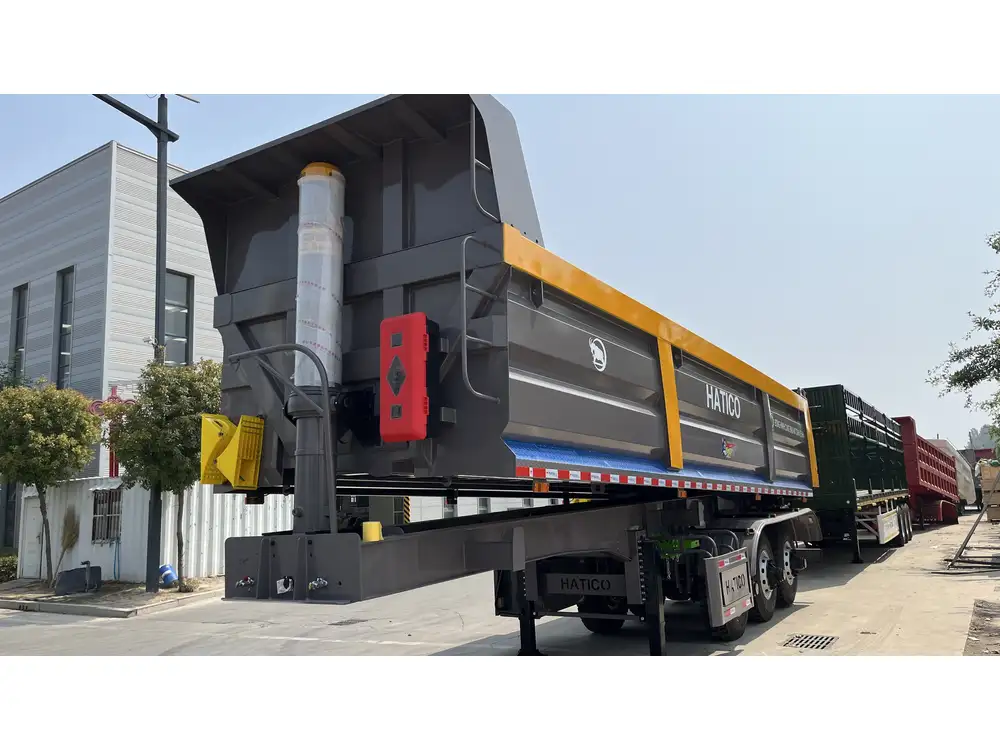
1. Home-Based Storage
Advantages
Storing your flatbed trailer at home can be convenient for those who have ample space available.
- Accessibility: Having the trailer on-site allows for immediate access when needed.
- Cost-Effective: Eliminating storage fees can lead to significant savings over time.
Disadvantages
However, home storage can have its limitations.
- Neighborhood Regulations: Local zoning laws may restrict commercial vehicle parking in residential areas.
- Space Limitations: Not all homeowners have adequate space to store a large trailer safely.
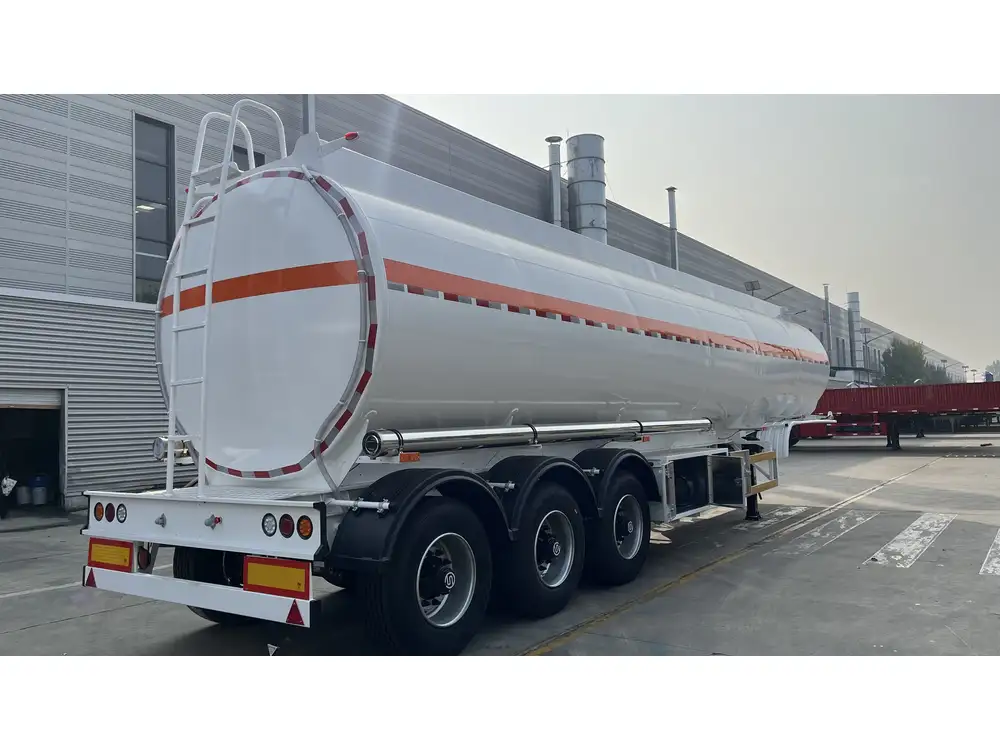
2. Commercial Storage Facilities
Types of Facilities
- Outdoor Storage Yards: These offer large, open spaces for parking but may lack security.
- Indoor Storage Units: Suitable for those who want added protection from the elements but may come with higher fees.
Pros and Cons
Pros:
- Security Features: Many commercial facilities offer surveillance cameras, gated access, and staffed guards.
- Protection: Indoor storage provides excellent protection against harsh weather conditions.
Cons:
- Cost: Monthly fees can add up over time.
- Limited Accessibility: Access hours may be restricted, complicating retrieval during off-hours.
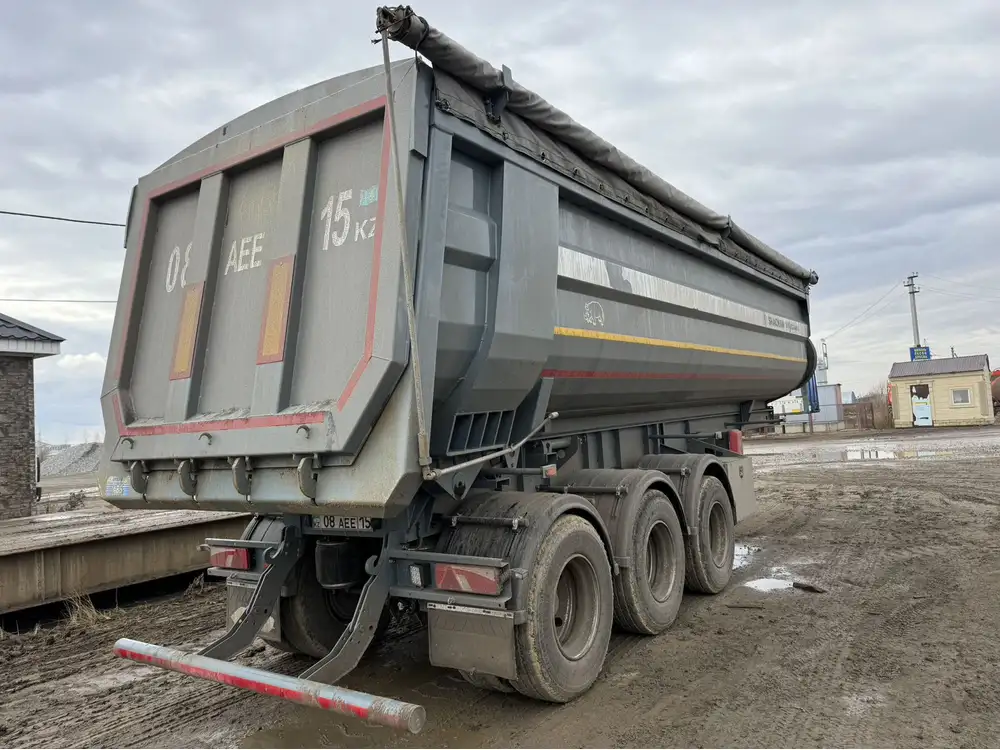
3. Industrial Complexes or Lots
Utilizing an industrial space for trailer storage can be particularly beneficial for businesses with large fleets.
Benefits
- Space Availability: Often, industrial complexes have vast open areas suitable for multiple trailer storage.
- Business Synergy: Your trailer could be stored near your operational hub, allowing for better logistic coordination.
Drawbacks
- Zoning Restrictions: Ensure that the complex complies with local zoning requirements for vehicle storage.
- Potential High Costs: Rental agreements can sometimes be costly, especially in prime areas.
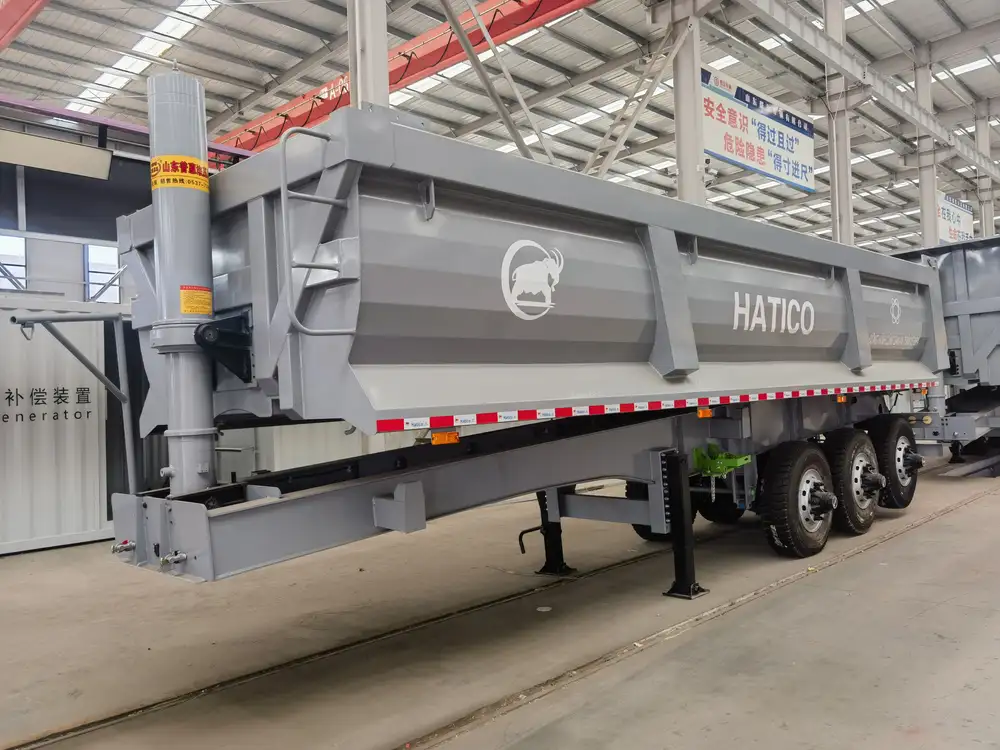
4. Specialized Trailer Storage Facilities
What Are They?
These facilities cater specifically to vehicle and trailer storage, often equipped with tailored security and environmental controls.
Advantages
- Expertise in Trailer Management: Staff usually understand the needs and specifications concerning trailer storage.
- Enhanced Security: Many offer specialized locking mechanisms and 24/7 surveillance.
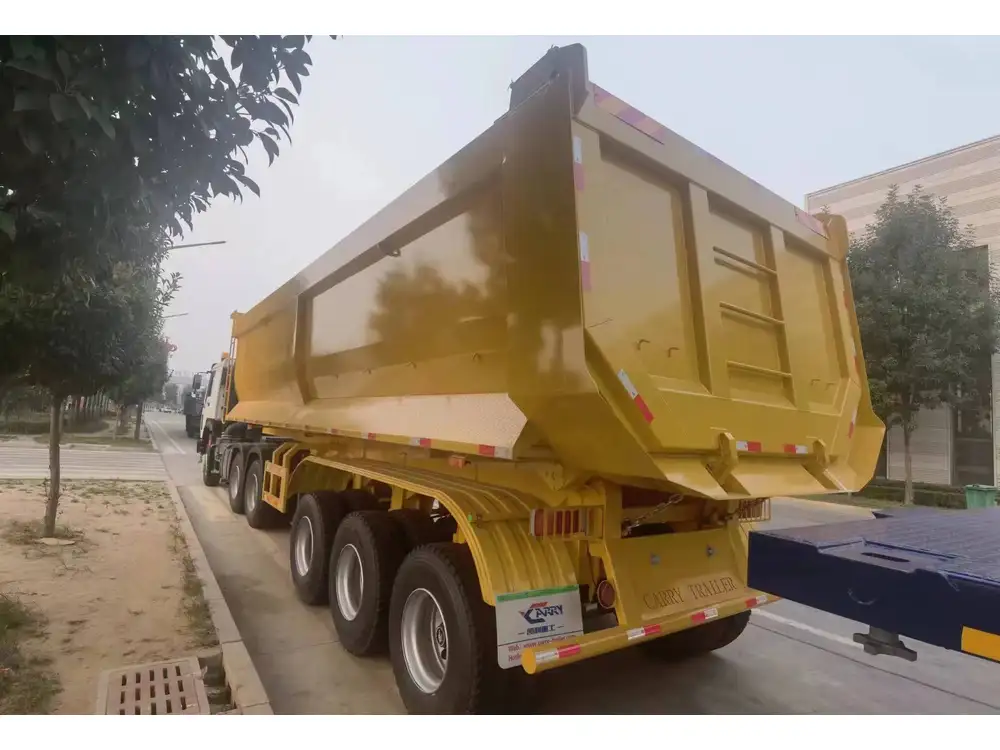
Considerations
Cost: Typically, these specialized facilities charge a premium compared to standard commercial storage.
5. On-Site Job Location
For contractors and businesses employing flatbed trailers frequently, storing them on job sites may be an option.
Advantages
- Immediate Access for Use: Ideal for ongoing projects where frequent trailer access is necessary.
- Operational Convenience: Reduces downtime associated with retrieving the trailer from off-site storage.
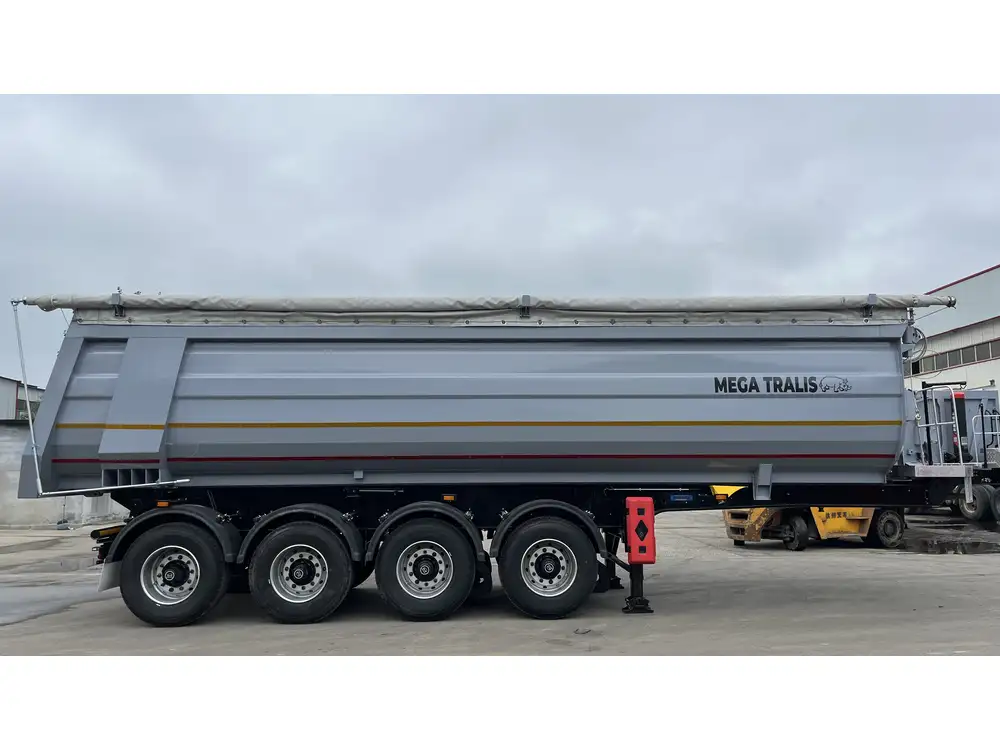
Disadvantages
- Security Risks: Job sites may be more vulnerable to theft and damage.
- Regulatory Compliance: Always check local regulations regarding vehicle storage on commercial properties.
Maintenance Tips Before Storage
Regardless of where you choose to store your flatbed trailer, maintenance is crucial to ensure it remains in optimal working condition.
Cleaning and Inspections
- Thoroughly Clean the Trailer: Remove all dirt, debris, and any cargo remnants to prevent rust and corrosion.
- Inspect for Damage: Check the frame, tires, and connections for any signs of wear that need addressing.
| Maintenance Task | Frequency | Notes |
|---|---|---|
| Wash Trailer | After Each Use | Prevents corrosion and damage |
| Tire Inspection | Monthly | Ensures safety and prolongs tire life |
| Brake Testing | Before Major Trips | Vital for safety and performance |
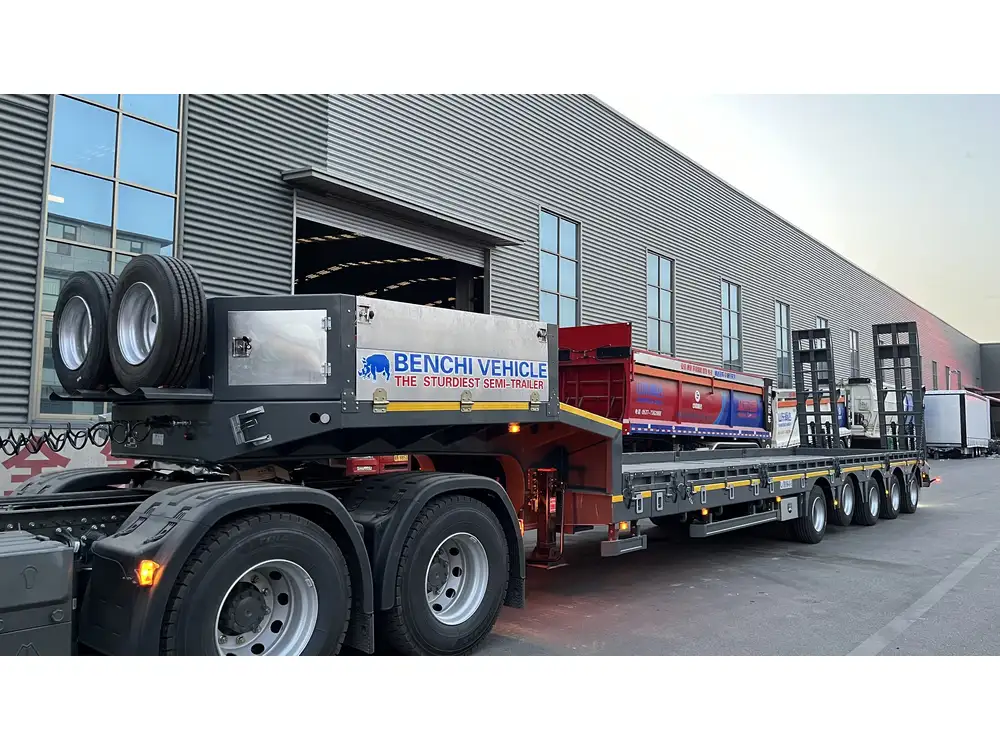
Proper Coverage
Invest in a high-quality cover if you choose outdoor storage. This will protect your trailer from weather extremes, dust, and debris.
Legal Considerations
Navigating the legal landscape regarding trailer storage is paramount to avoiding complications:
- Insurance: Ensure that your trailer is adequately insured while in storage.
- Local Regulations: Familiarize yourself with local laws governing commercial vehicle storage, including zoning restrictions and required permits.
| Legal Aspect | Considerations |
|---|---|
| Insurance Coverage | Check for adequate storage coverage |
| Zoning Laws | Verify compliance with local regulations |
| Permits | Procure necessary permits if required |
Conclusion
Determining where to store a flatbed trailer is not just about finding space; it involves a nuanced exploration of options and considerations that impact accessibility, security, and insurance compliance. Exploring various avenues—including home storage, commercial lots, and specialized facilities—can lead to an informed decision tailored to your specific needs.
By weighing the advantages and disadvantages of each storage option, conducting regular maintenance, and navigating the local legal landscape, you can ensure the longevity and security of your flatbed trailer while minimizing costs and maximizing accessibility. Ultimately, the right storage solution will not only protect your investment but also enhance your operational efficiency in the ever-demanding landscape of logistics and transport.
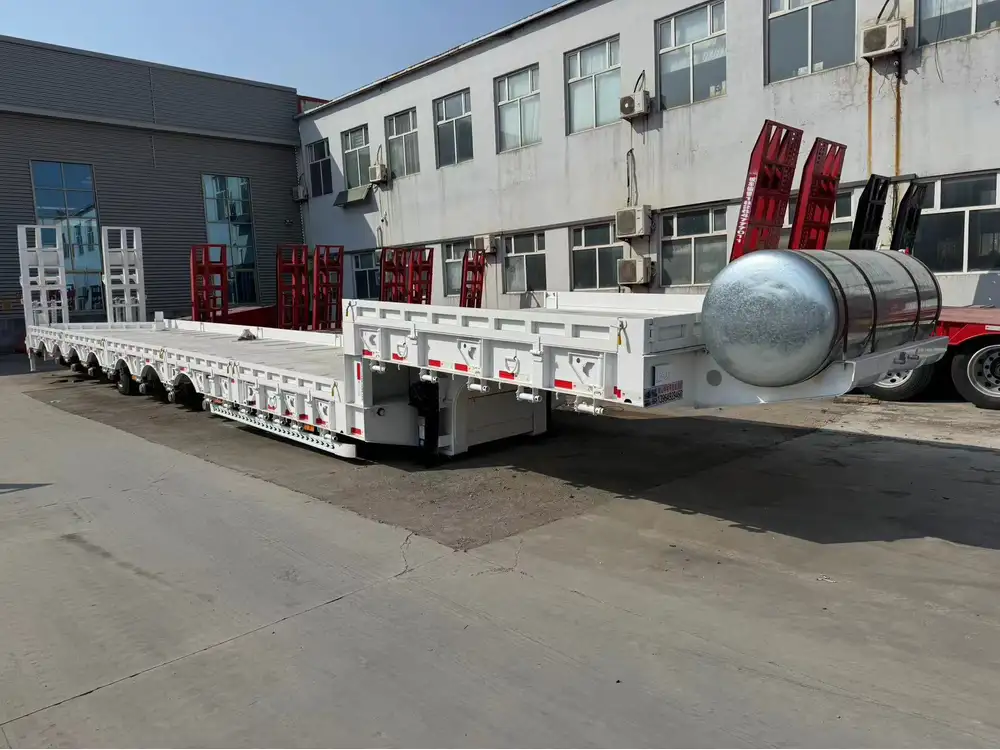
Call to Action
If you’re considering purchasing a flatbed trailer or need expert advice on trailer storage options, we invite you to contact us today. Let our experience guide you to optimal solutions tailored to your needs, so you can focus on what you do best – running your business efficiently.



